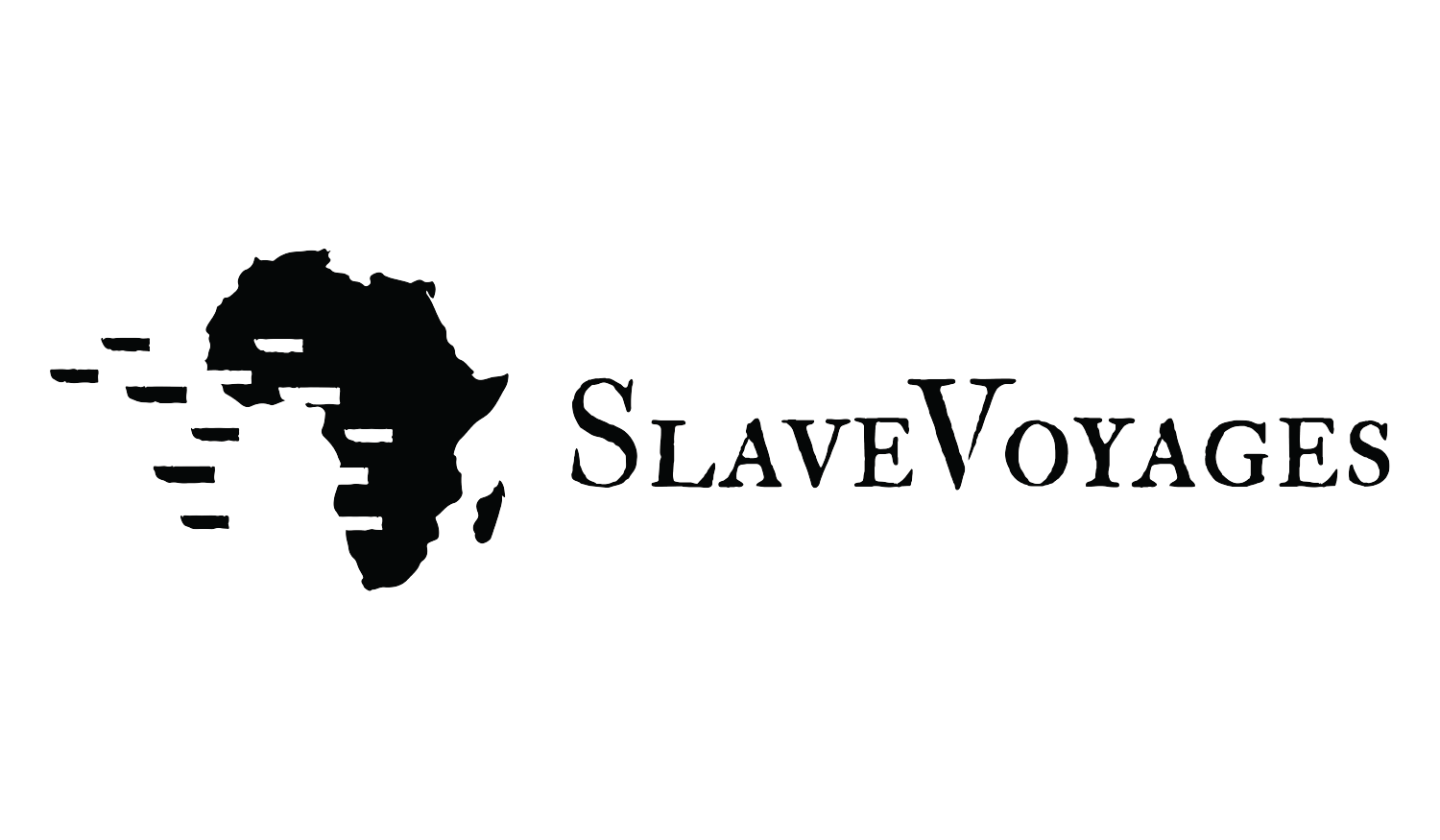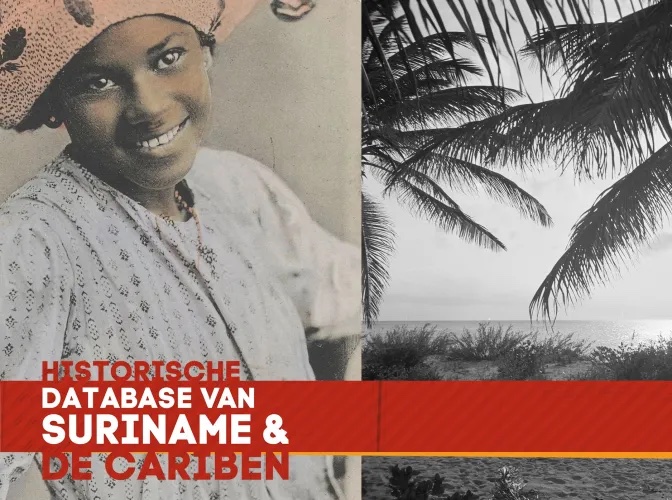Projects
Combatting Bias works closely with partner projects, which will play a pivotal role in data sharing, collaboration, and knowledge exchange. These partner projects have a shared focus on data related to colonialism and slavery and as a practical matter, already deal with:
-
Dataset Creation: They specialise in creating and organising data sourced from colonial archives, encompassing named and unnamed individuals, places, and polities across Asia, Africa, and the Americas.
-
Addressing Historical Imbalances: The partner projects work to counterbalance archival silences and rectify historiographic imbalances.
-
Ethical Considerations: The coalition is deeply committed to addressing ethical dilemmas inherent in creating and (re)presenting data related to colonial histories.
Our partner projects are:
Slave Voyages¶
The Slave Voyages project is a comprehensive digital resource that documents the forced transportation of over 12 million enslaved Africans. It combines the Trans-Atlantic and Intra-American slave trade databases, representing decades of collaborative research by international scholars. Developed by a multidisciplinary team, the project features datasets, historical information, and interactive tools. Developed at various universities, the Slave Voyages website is now hosted at Rice University, serving as a crucial resource for understanding the history and impact of the slave trade.

Historische Database van Suriname & de Cariben¶
The Historische Database van Suriname & de Cariben (Historical Database of Suriname & the Caribbean, HDSC) project started with the creation of an extensive database that integrates nineteenth- and twentieth-century source information about formerly enslaved persons in the Dutch colonies in the Americas. It is a collaboration between the Radboud University in Nijmegen, Anton de Kom University in Suriname, the National Archives of Curacao and Suriname, heritage organisations and crowdsourcing initiatives. Building on this foundation, the HDSC is engaging in further research into the populations of Suriname and Curacao of the past, looking at sources such as slave registers, emancipation registers, censuses, and wedding registers. They aim to publish a database of full populations between 1830-1950. This will not only open up new avenues for historical research, but make research into family genealogies more accessible. Central to the project’s objectives, therefore, is their strict open access policy: they always publish their datasets directly for the general public and researchers’ use.

Exploring Slave Trade in Asia (ESTA)¶
ESTA is building a database that reconstructs the historic slave trade in the Indian Ocean and Maritime Asia region. By highlighting this region of the slave trade, it stimulates new research, as well as connections and more global perspectives to the global trade of enslaved people. The database includes the reconstruction of a variety of forced labour transportations, such as the commodified and legalized slave trade to “illegal” (private) human trafficking, and tributary exchanges between polities to penal slavery. It is through the inclusion of all these forms of bonded labour that global connections can be drawn and the structures of slave trade can be understood.

GLOBALISE¶
The GLOBALISE project is building a digital infrastructure of the Dutch East India Company Archives, to make these archives accessible to the public and researchers. These archives provide insight into early modern societies in Asia, Africa, and Australia. As few archival sources of the time exist of these regions, the archives hold valuable information that illuminates their global interactions with other areas. GLOBALISE’s mission is to empower researchers and the general public to explore these archives and write new, inclusive histories. In order to do so, they are working with AI methods to transcribe over 5 million handwritten pages, extracting key entities and events from the text, and creating reference guides to support their data.
